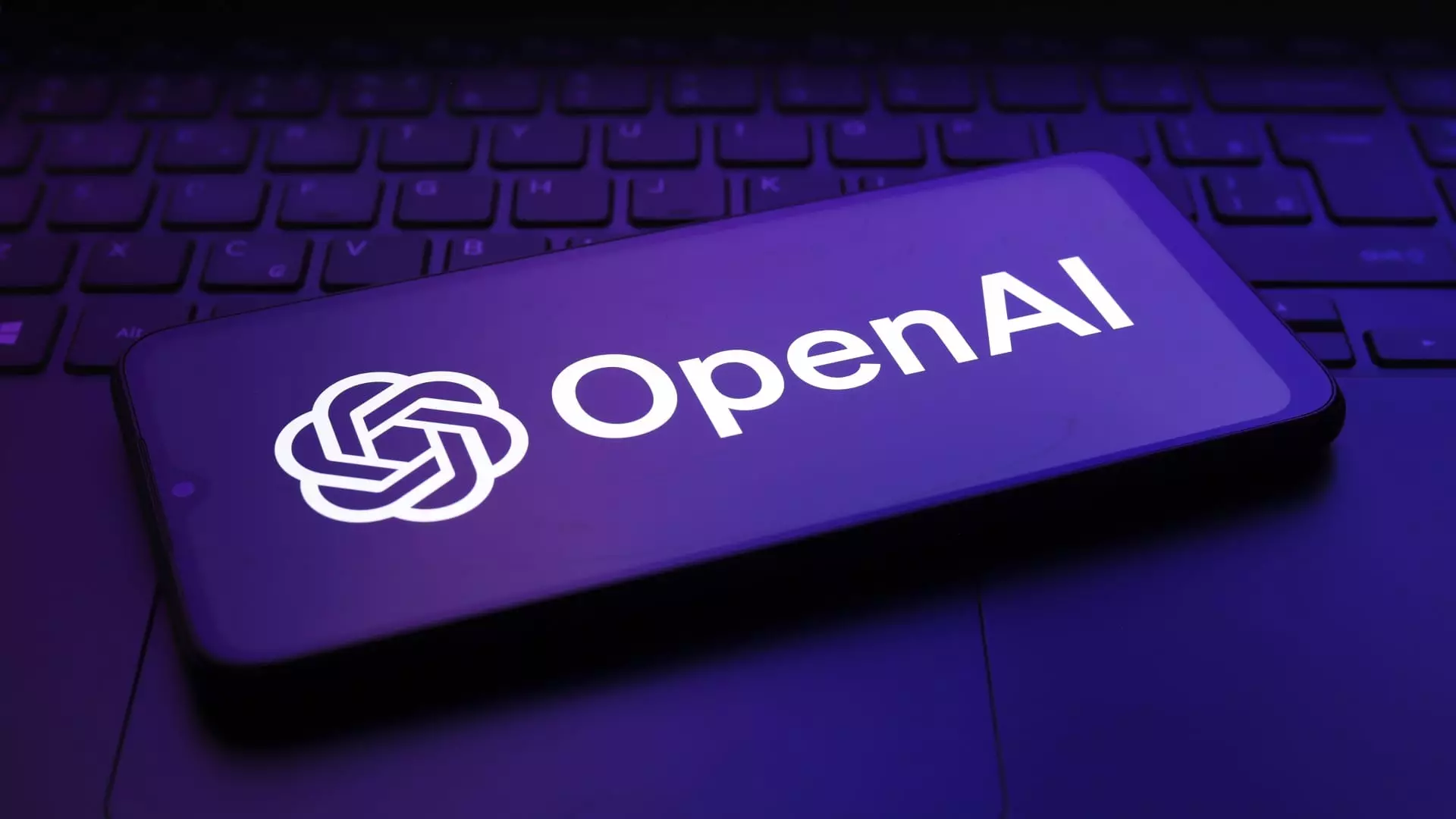In recent weeks, the tech world has been shaken by the untimely death of Suchir Balaji, a former researcher at OpenAI, discovered in his San Francisco apartment. At only 26 years old, Balaji’s passing has sparked significant discussion around mental health within the high-stakes environment of artificial intelligence research. As news of his death circulates, it is crucial to dig deeper into the circumstances surrounding this tragedy, shedding light on both the pressures of the industry and the broader implications of his concerns regarding copyright and AI development.
In the months leading up to his death, Balaji made headlines after publicly expressing profound dissatisfaction with OpenAI’s practices. He believed that the organization was not only risking legal repercussions but also threatening the livelihoods of creators by leveraging their copyrighted works to train AI models like ChatGPT. His claims resonated within the industry, particularly as he asserted that advancements in AI could render human creators obsolete. This not only highlights the ethical dilemmas that arise from AI training practices but raises questions about the mental toll on individuals ensnared in these contentious debates.
Balaji’s departure from OpenAI is emblematic of a crisis that many professionals in the tech industry face: the struggle to reconcile personal beliefs with corporate interests. Statements made by Balaji in interviews underscore an internal conflict that many feel but seldom discuss openly. He maintained that those who shared his concerns were compelled to reconsider their positions within the company, indicating a rift between personal ethics and organizational objectives that can lead to profound distress.
The Aftermath: Reactions and Ramifications
Following Balaji’s death, reactions poured in from various quarters, emphasizing the industry’s need to address mental health more seriously. OpenAI publicly expressed its devastation at the loss, with a spokesperson extending condolences to Balaji’s family. However, one cannot ignore the potential for this tragedy to catalyze discussions about systemic changes within tech companies, especially those deeply enmeshed in their own groundbreaking yet controversial innovations.
OpenAI’s ongoing legal challenges regarding alleged copyright violations further amplify the urgency of this dialogue. As Balaji’s comments reflect, the tension between innovation and ethical responsibilities is not merely an abstract debate but a matter with real-world consequences. The growing discontent among creators and the potential ramifications for organizations like OpenAI should prompt an industry-wide reevaluation of how AI is trained, whose work is utilized, and the psychological ramifications these practices impose on individuals involved in this rapidly evolving landscape.
Balaji’s tragic departure serves as a wake-up call. The tech industry must take proactive steps to promote mental health resources and ensure that employees can voice their concerns without fear of repercussion. While the allure of groundbreaking technology propels the industry forward, it should never come at the cost of human well-being. Awareness and advocacy for mental health support in high-pressure environments cannot be overstated, as these efforts could potentially save lives and prevent further heartache in a field that profoundly shapes our future.

